Indigenous elder backs Archbishop’s call for celibacy to be waived to recruit Aboriginal priests
Catholic Archbishop Mark Coleridge’s call for change on clerical celibacy gains traction with Indigenous and Church leaders.
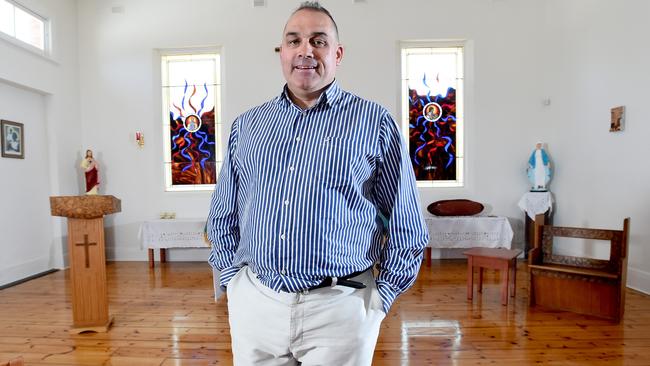
The only Indigenous Australian invited to a historic Vatican summit on Catholic Church reform has backed a controversial plan to waive priestly celibacy for Aboriginal men.
National Aboriginal and Torres Strait Islander Catholic Council chair John Lochowiak said devout Indigenous men had shunned the priesthood because it meant choosing between their family-orientated culture and serving God.
Supporting a call by Archbishop of Brisbane Mark Coleridge for married men to be recruited to address the lack of Indigenous priests, he said: “A big part of our worldview is family … you’re expected to have children as an Aboriginal man and it is a big thing to turn your back on that to become a priest,” he told The Australian.
“For most of us, it is just too much. I think that is why you have only had one Aboriginal priest ordained after all these years, so I would welcome the (celibacy) question being looked at.”
A second Australian member of the Oceania delegation to October’s so-called Synod on Synodality in Rome, Australian Catholic Bishops Conference National Centre for Pastoral Research director Trudy Dantis, said the ordination of married men did not contradict church teaching and should be considered.
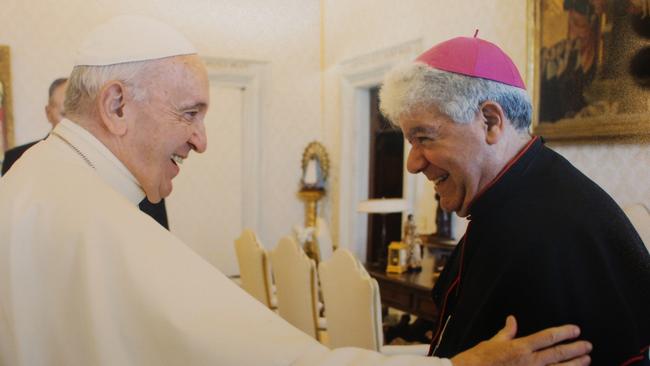
And Bishop of Darwin Charles Gauci echoed Dr Coleridge’s warning that the retention of clerical celibacy was not guaranteed. “I am of the opinion that it is a question that will continue to be raised,” he told The Australian.
“It is certainly not going away. I would not say that (change) is inevitable – the universal church has much to decide on this matter.”
As reported by this masthead at the weekend, Dr Coleridge warned there was “no way” Indigenous men would be recruited as Catholic priests while celibacy stood, and it was “very likely” the blanket rule would be axed long-term. Labor senator Patrick Dodson remains the only Indigenous man to have been ordained – and he quit the priesthood after five years in 1981 to become a pivotal figure in land rights reconciliation movements before entering parliament.
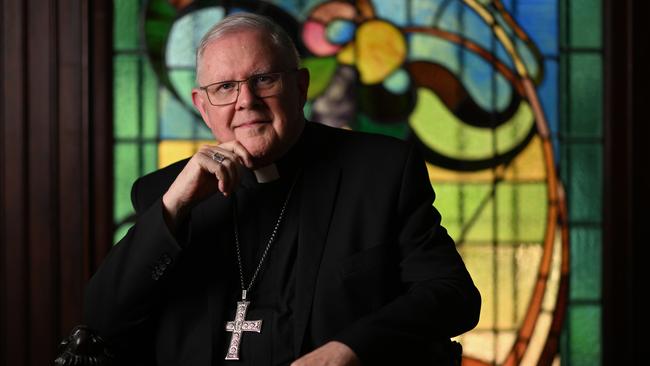
The thorny issue of priestly celibacy will come before the two-part international conference in Rome of 279 bishops and delegates that has been billed as the most important opportunity for church reform since the Vatican II council 60 years ago.
Mr Lochowiak, a lifelong Catholic who was ritually initiated before becoming an Indigenous elder in South Australia, is a non-bishop member of the nine-strong Australian contingent headed by Dr Coleridge’s successor as president of the Australian Catholic Bishops Conference, Archbishop of Perth Timothy Costelloe.
Mr Lochowiak said he had considered becoming a Catholic priest as a young man, but there was “pressure from my family to have children and, you know, if the elders tell you something, you have got to listen”.
While he respected the centuries-long tradition of clerical celibacy in the Catholic Church, “if there is a way to work around it, to make special exemptions such as for Aboriginal people, then I support that and I think it should be discussed”.
Asked if he would support a change to the celibacy rule at the Vatican conference, he said: “I recognise it probably will be raised, especially in the area we are talking about – the First Australians, Aboriginal people and Torres Strait Islanders. I would speak up for that because at the end of the day we need all the help we can get.
“And if we can get more Aboriginal priests in the church, that has got to help not just the Aboriginal community, but the non-Aboriginal community as well.”
Dr Dantis said calls for the ordination of married men as Catholic priests – allowed in Protestant denominations as well as Eastern Orthodox churches – had emerged “quite strongly” in Australian consultations for the Synod on Synodality.
“Given that this model does not contradict church teaching, I believe it is worthwhile considering alongside the current celibate clergy model, which continues to have strong value and appeal for many,” she said. “While rural and remote areas are sorely in need of greater access to mass and the sacraments, it could hopefully boost vocations in Indigenous communities and ensure greater participation within the … church.
“However, I think if we had permission for such a model to be adopted, many other communities would seek to be included to reap its benefits more broadly across Australia.”
Bendigo-based Bishop of Sandhurst Shane Mackinlay, who will attend the special Synod alongside Archbishop Costelloe, Archbishop of Sydney Anthony Fisher and Archbishop of Adelaide Patrick O’Regan, said he was “open” to the possibility of ordaining married men to the priesthood.
And it would “definitely be discussed” at the assembly in October after being recommended by a synod on the Amazon region in South America in 2019 to relieve an acute shortage of priests there.
“There are some parallels between the Amazon and remote Indigenous communities in Australia and other parts of Oceania, and I think it is likely to be raised by members with experience of those situations,” Bishop Mackinlay told this masthead.
“As well, we already have extensive experience of married priests in the Eastern Catholic churches and in ordaining married men who had previously served as ministers and priests in other Christian denominations.
“I am open to the possibility of this provision being extended to other situations, and I look forward to participating in further discussions about this at the Synod Assembly, especially in the context of hearing there from those in communities who are more immediately affected.”
The conference will also consider hot-button issues such as the potential for women to be ordained and outreach to the LGBTQ+ community. For the first time, about a fifth of the voting delegates will be non-bishops selected by the Pope. A follow-up meeting will be held next year.
Archbishops Costelloe, O’Regan and Fisher declined to comment on Dr Coleridge’s proposal.



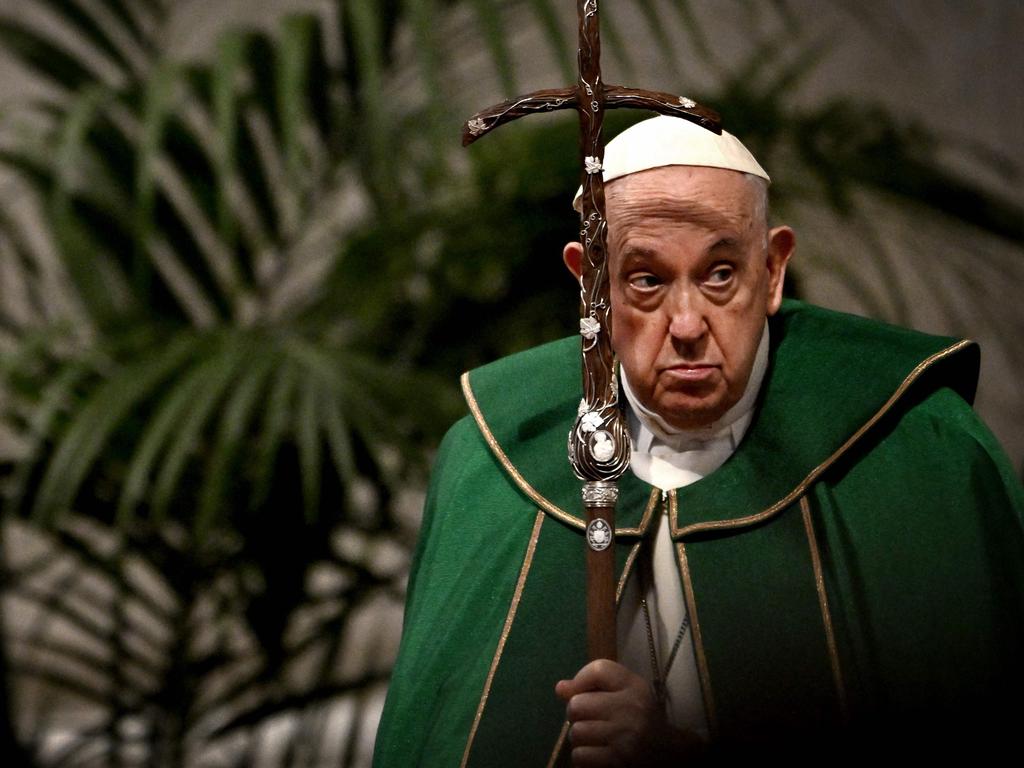
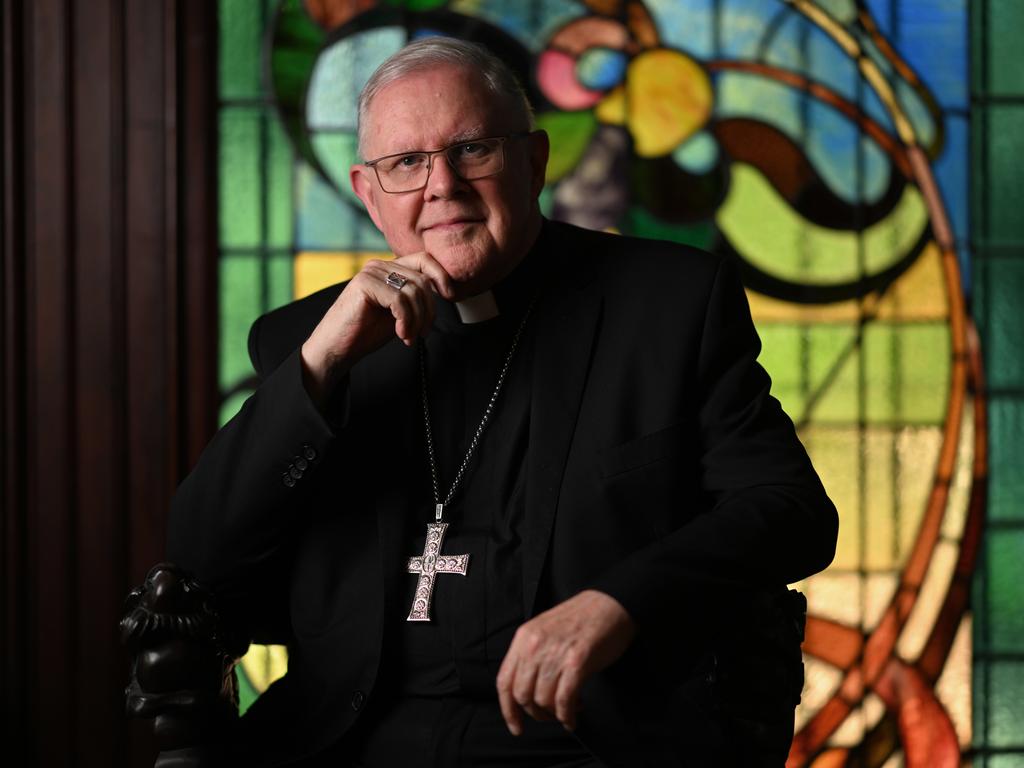


To join the conversation, please log in. Don't have an account? Register
Join the conversation, you are commenting as Logout